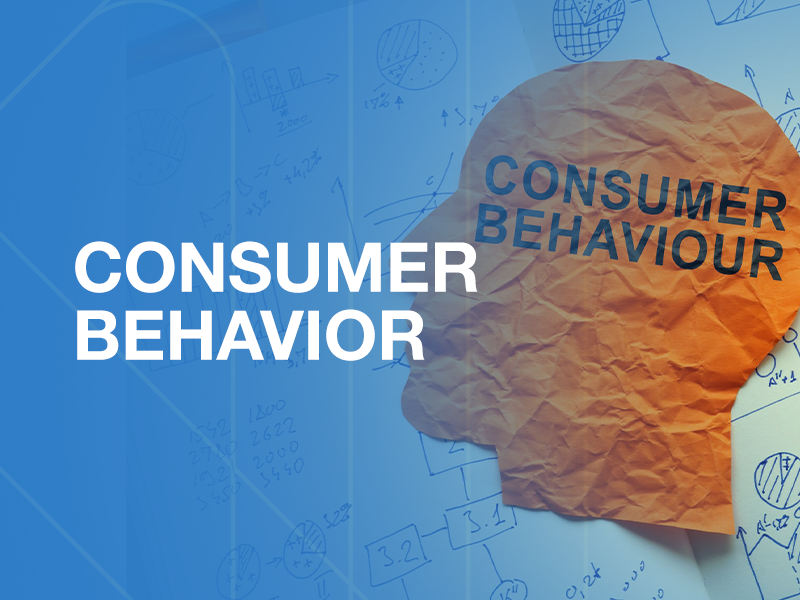Consumer Behavior

Course Objectives & Deliverables:
1. Understanding the Fundamentals
- Define consumer behavior and explain its significance in marketing and business.
- Identify the key concepts and theories related to consumer decision-making processes.
2. Analyzing the Consumer Decision-Making Process
- Describe the stages of the consumer decision-making process, including problem recognition, information search, evaluation of alternatives, purchase decision, and post-purchase behavior.
- Analyze how various factors (psychological, personal, social, and cultural) influence each stage of the decision-making process.
3. Exploring Psychological Influences
- Evaluate the impact of motivation, perception, attitudes, and beliefs on consumer behavior.
- Apply psychological theories (e.g., Maslow's Hierarchy of Needs) to real-world marketing strategies.
4. Examining Social and Cultural Factors
- Discuss the role of social influences such as family, peers, and social media in shaping consumer preferences.
- Examine how cultural norms and values affect consumer behavior across different demographics and geographical regions.
5. Investigating the Role of Digital Behavior
- Assess the impact of digital transformation on consumer behavior, including online shopping trends and social media influence.
- Analyze consumer behavior patterns in digital environments, including search behavior and e-commerce practices.
6. Understanding Market Segmentation and Targeting
- Identify key market segmentation strategies and their relevance to understanding consumer groups.
- Develop skills to create targeted marketing strategies based on consumer behavior insights.
7. Applying Research Methods in Consumer Behavior
- Understand various research methodologies used to study consumer behavior, including qualitative and quantitative methods.
- Design and conduct basic consumer behavior research, including surveys, focus groups, or observational studies.
8. Interpreting Consumer Data and Insights
- Analyze consumer data to derive insights into preferences, behaviors, and trends.
- Apply data analysis techniques to inform marketing strategies and business decisions.
9. Implementing Behavioral Strategies in Marketing
- Develop effective marketing strategies based on insights gained from consumer behavior theories and research.
- Create campaigns that leverage emotional and psychological triggers to influence consumer purchasing decisions.
10. Fostering Ethical Considerations in Consumer Behavior
- Discuss the ethical implications of marketing practices and consumer behavior research.
- Develop an awareness of the responsibility businesses have in promoting ethical consumerism and sustainable practices.
Subject: Business Development, Personal & Organizational Development.
Experience: Extensive Experience in Post Graduate Education & Training.
Locations: Egypt & Gulf.
Teaching Platforms: Academic Institutions and Training Organizations.
Summary:
Dr. Noha is a collaborative and result-oriented individual with excellent Experience and knowledge of more than 16 years in Sales, Marketing, Business Development, and Training. Managed and delivered course programs in many Sectors (Government, Healthcare, Retail, and Education) and many business environments in (Egypt & KSA).
Credentials:
- Studying PhD in crisis and risk management – Cairo University.
- Holding Executive Master of Business Administration (EMBA) degree - Alexandria University.
- Curriculum is accredited by Georgia State University.
- Certified Strategy for Management Consultants & Business Analyst (SMCBA).
- Certified Financial Awareness Trainer Program (CFAT). under the National Strategy for Non-Banking Financial Education and Culture
- Certified Train of the Trainer Professional (TOT).
- Certified and trained by 5 National and International bodies (IHS, NASP, IEEE, AASTMT, EAAC )










